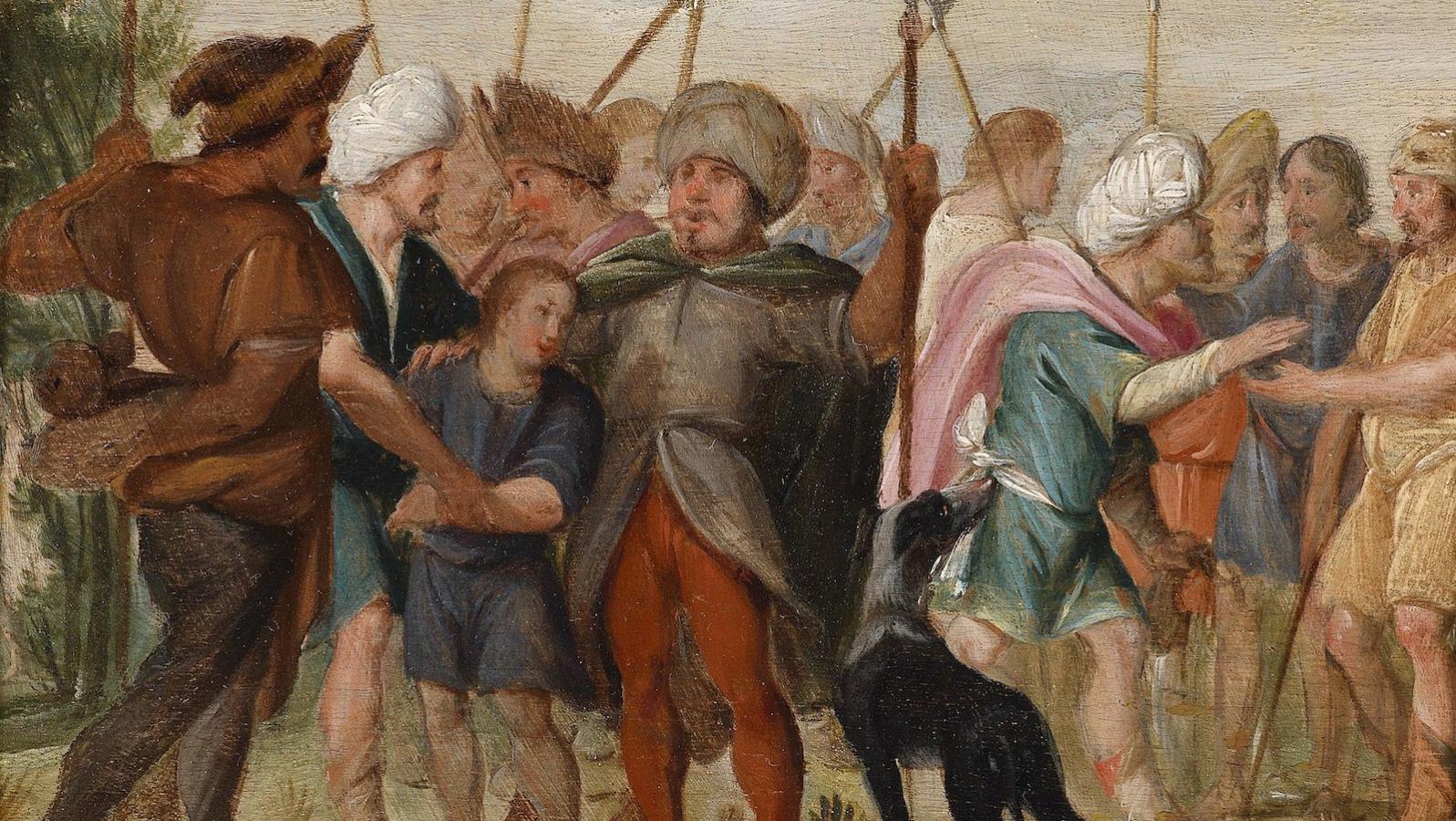Commentary on Parashat Vayeshev, Genesis 37:1-40:23
When the Torah portion opens, “Jacob was settled in the land where his father had sojourned” (Genesis 37:1). Jacob, like his father before him, is living with his family in the Land of Canaan. And, like Isaac before him, Jacob has problems with his children.
Jacob was raised in a home in which each parent favors one of the children. This favoritism deeply damaged Jacob and Esau’s relationship, eventually forcing Jacob to flee his home.
Repeating the Behavior
Yet Jacob is repeating the same dangerous behavior with his sons. Jacob “loves Joseph best of all sons,” and every member of the family knows it. Joseph is conscious of his position and constantly reminds his brothers of it. His brothers in turn are deeply resentful of Joseph’s status and the dreams that indicate his future is as bright as his present. How can Jacob be oblivious to these tensions, especially having experienced a similar situation himself?
Jacob’s behavior demonstrates how much easier it is to repeat known patterns, even destructive ones, than to create new ones. Jacob may recognize that his parents’ favoritism adversely affected their children, but he knows no other model for relationships. He repeats his parents’ behavior with both his wives and his children, and thus lives in a household full of resentment and jealousy. Jacob never learns; years later we see him favoring Benjamin and still later preferring one grandson over another.
With your help, My Jewish Learning can provide endless opportunities for learning, connection and discovery.
The Torah teaches us that changing one’s behavior is never easy. Jacob has become Israel, but he remains in many ways the same. Change requires more than rejecting old ways; it requires us to actively search out new ways to behave, ways that create positive relationships with those around us.
Provided by CLAL: The National Jewish Center for Learning and Leadership, a multi-denominational think tank and resource center.
Torah
Pronunced: TORE-uh, Origin: Hebrew, the Five Books of Moses.



